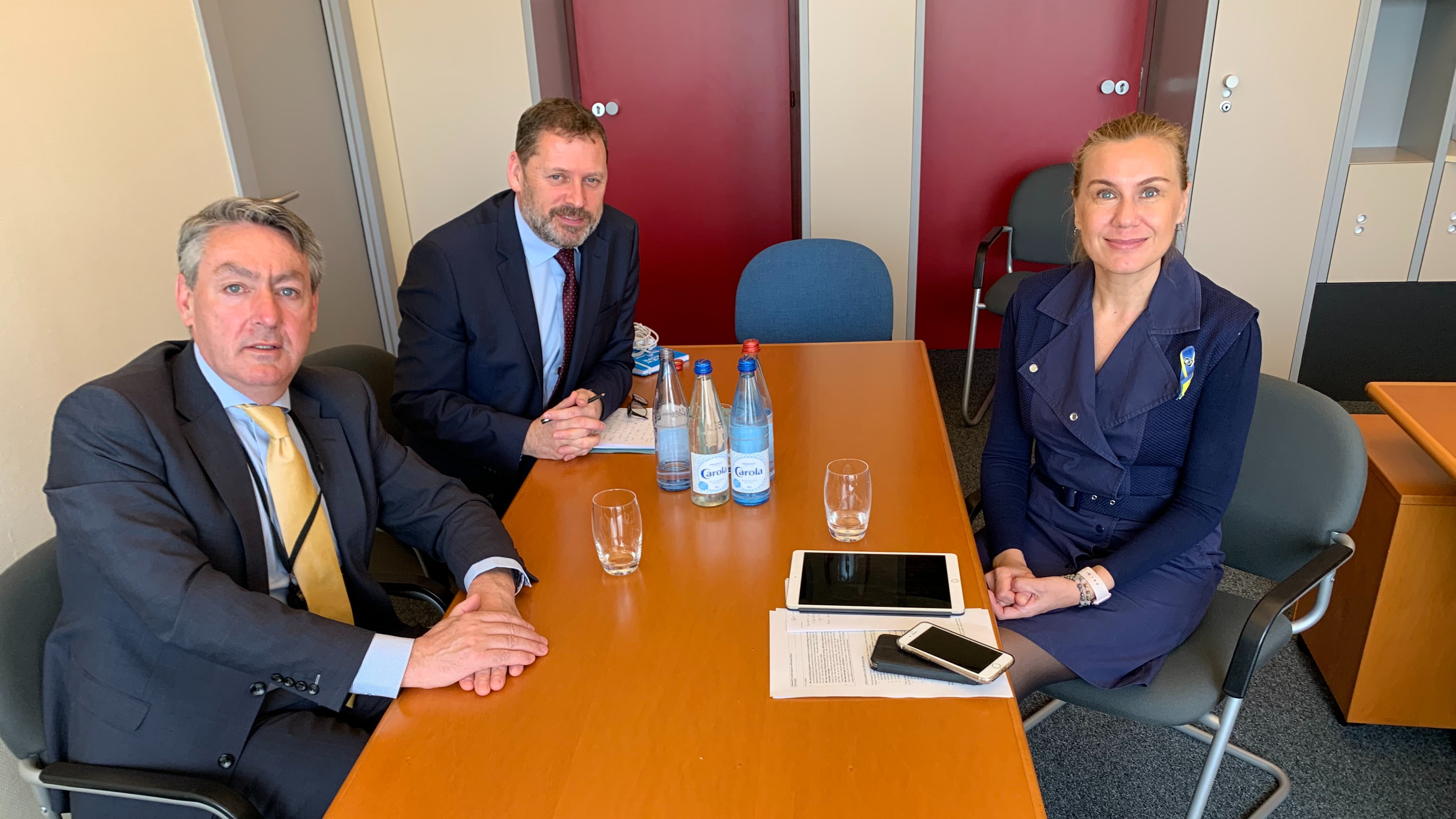Fashion and design industry must be recognised as a key part of our cultural and artistic identity – Murphy-Kelleher
Published on: 26 November 2024
Ireland has long been recognised as a global leader in creativity and artistic expression, producing world-class talent across a variety of disciplines. From literature and music to visual arts and theatre, the arts have been a cornerstone of Ireland’s cultural identity and an area of significant government support. However, one vibrant sector—fashion and design—continues to be excluded from key arts funding and recognition frameworks.
Despite being deeply embedded in Ireland’s cultural fabric, fashion and design fall outside the remit of the Arts Council due to the Arts Act 2003, which does not explicitly name the sector among its supported disciplines. As a result, designers are excluded from transformative initiatives such as the Basic Income for the Arts.
“Fashion is a global industry where Ireland has consistently punched above its weight, from Sybil Connolly designing for icons like Jackie Kennedy and Elizabeth Taylor, to Simone Rocha setting international trends,” said General Election candidate for Cork North Central Sandra Murphy-Kelleher. “Yet, Irish designers face significant barriers when it comes to accessing the same level of recognition and support afforded to other artistic disciplines.
“Our designers and fashion creators represent Ireland on the global stage, just as much as our musicians, writers, and filmmakers,” said Murphy-Kelleher. “Fashion is an art form—it tells stories, preserves heritage, and pushes creative boundaries. It deserves the same level of government recognition and support.
“Fianna Fáil has listened to the concerns of the sector. That is why in our General Election Manifesto, we have committed to exploring initiatives to promote our thriving design and fashion scene.
“We believe in fostering a society where all citizens can engage with and benefit from the arts, including fashion. The time has come to recognise fashion as a key part of our cultural and artistic identity, and to support it accordingly.”
-ENDS-


